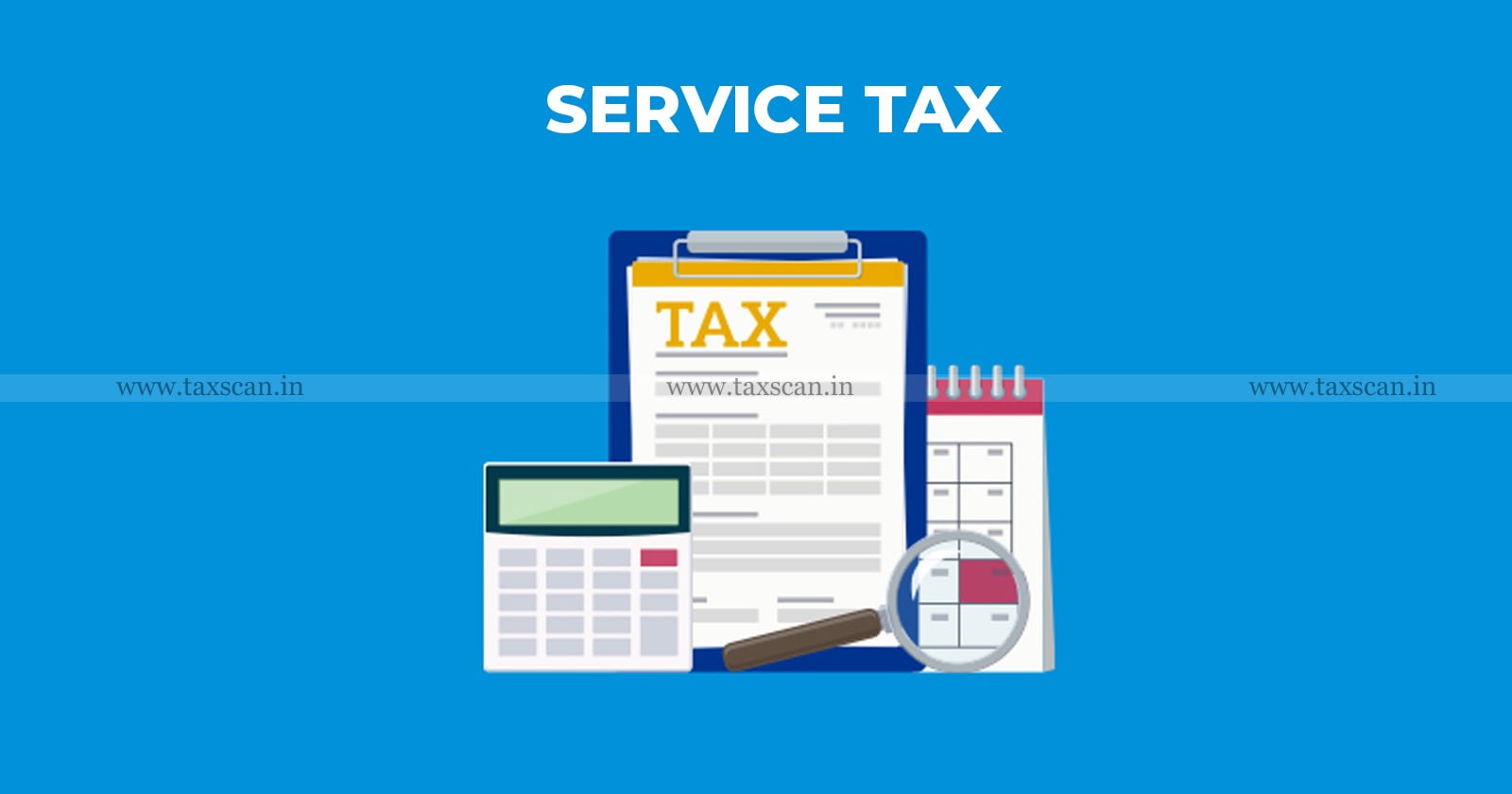CESTAT Rules Service Tax Payable on Printing Charge: Exemption Under S.No. 30 of Notification 25/2012-ST Not Applicable [Read Order]
The bench noted that under this notification, the intermediate production process as job work in relation to printing was exempted
![CESTAT Rules Service Tax Payable on Printing Charge: Exemption Under S.No. 30 of Notification 25/2012-ST Not Applicable [Read Order] CESTAT Rules Service Tax Payable on Printing Charge: Exemption Under S.No. 30 of Notification 25/2012-ST Not Applicable [Read Order]](https://images.taxscan.in/h-upload/2025/06/13/2043642-cestat-cestat-delhi-service-tax-service-tax-on-printing-charge-taxscan.webp)
The Delhi bench of the Customs, Excise and Service Tax Appellate Tribunal (CESTAT) held that service tax was payable on printing charges and that the appellant cannot claim exemption under S.No. 30 of the Notification 25/2012-ST.
In this case, the assessee M/s. Chhattisgarh Samvad had appealed against the order passed by the Principal Commissioner, in which he confirmed the demand of service tax of Rs. 11,93,60,235/- on the appellant, along with interest under Section 75 of the Finance Act, 1994, and imposed an equal amount as penalty under Section 78 of the Act.
Live Master Class on Customs Act and FTP, Register Now
Upon examining the facts of the case, the appellant is an associate organization of the Chhattisgarh Government’s Public Relations Department, tasked with handling advertising for its various schemes. Government departments send requests, and the appellant’s in-house team creates content like posters, hoardings, and ad films. Once the designs are approved, they get published through selected partner agencies.
 Also Read:CESTAT Rejects Dual Taxation on Transportation: Service Already Taxed Under GTA Cannot Be Taxed Again as BAS [Read Order]
Also Read:CESTAT Rejects Dual Taxation on Transportation: Service Already Taxed Under GTA Cannot Be Taxed Again as BAS [Read Order]
The appellant collects money from the client department for a consolidated sum towards the amounts charged by the empanelled agencies, service tax on their services and 10% or 15% as its service charges and service tax on its service charges and pays the empanelled agencies for their services.
When the appellant’s records for the period 1.4.2011 to 30.6.2015 were audited, it was observed that the appellant had not paid service tax on certain services which it had rendered and also that it had collected certain sums from the clients as representing service tax but did not deposit the amounts as service tax.
TDS 360°: Mastering Recent Amendments, Compliance & Challenges, Register Now
A show causenotice was issued, and later on, the impugned order was passed.
It was observed by the department that the appellant had not paid service tax on certain services which it had rendered, and also that it had collected certain sums from the clients as representing service tax but did not deposit the amounts as service tax.
In this appeal, mainly 4 grounds were raised by the appellant, and one of the grounds was with respect to the demand of service tax on service charges collected for printing.
 Also Read:Service Tax on Transit Insurance Unsustainable When Already Included in Excise Duty: CESTAT [Read Order]
Also Read:Service Tax on Transit Insurance Unsustainable When Already Included in Excise Duty: CESTAT [Read Order]
It was submitted by the assessee’s counsel that the appellant used in-house experts to design materials and got them printed through empanelled agencies. It billed the client for the agency charges plus 10% service charges.
It was contended by the assessee’s counsel that in the post-negative list regime, the services of the appellant were exempted by notification No. 25/2012-ST dated 20.6.2012 (S.No. 30).
This notification provides an exemption from various services. S.No. 30 reads as follows:
“30. Services by way of carrying out:
(i) any process amounting to the manufacture or production of goods, excluding alcoholic liquor for human consumption; or
(ii) any intermediate production process as job work not amounting to manufacture or production in relation to-
(a) agriculture, printing or textile processing;
*******”
Become a Govt. Certified PF & ESI Practitioner, Register Now
The bench noted that under this notification, the intermediate production process as job work concerning printing was exempted. The tribunal further observed that the appellant was not a job worker but had contracts to get materials printed using its content, outsourcing only the printing. The printer was its subcontractor, so the exemption does not apply.
The CESTAT held that the appellant was liable to pay service tax on the service charges which it had collected from the client departments towards printing work, but only within the normal period of limitation.
Delhi CESTAT, comprising Rachna Gupta (Judicial Member) and P.V. Subba Rao (Technical Member), partly allowed the assessee’s appeal.
Support our journalism by subscribing to Taxscan premium. Follow us on Telegram for quick updates


